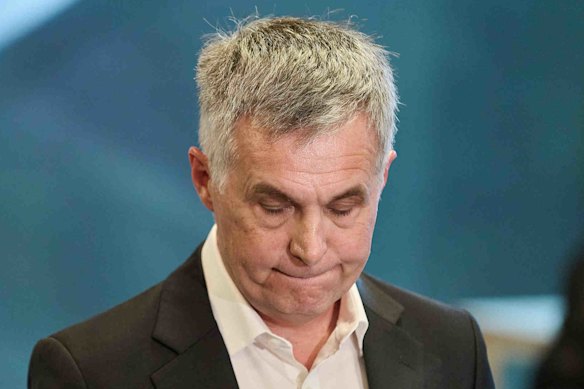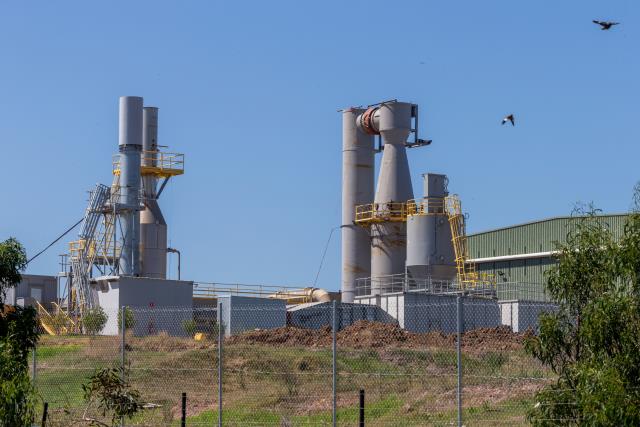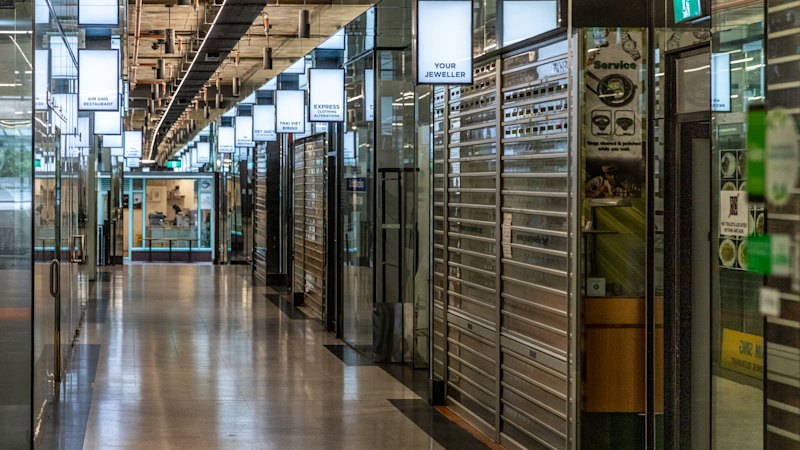
In a disturbing incident, telecommunications provider Optus is facing significant backlash following a major outage of its emergency Triple Zero service, which has been linked to three deaths. Although preliminary investigations indicate that the death of a newborn may not have been directly caused by the outage, the damage to Optus’s reputation is already substantial, as public perception remains heavily influenced by the initial reports.
Challenges in Crisis Communication
The situation highlights the complexities of crisis communication in 2025. Consumers today possess a dual nature: they are both sophisticated and fragmented. Many individuals actively seek updates and form well-rounded opinions over time, while others may draw conclusions based solely on initial news reports. As a result, the narrative that Optus played a role in the tragedy is likely to persist, regardless of any clarifications that follow.
During a press conference on Friday at 17:30, Stephen Rue, CEO of Optus, addressed the media a full 28 hours after the company first became aware of the issue. This delayed response has further fueled public mistrust. By Saturday, reports emerged indicating that some state government officials and emergency services were only made aware of the outage through Rue’s media appearance.
Adding to the frustration, a Sydney resident disclosed that he had experienced difficulties connecting to the Triple Zero service as early as June. He expressed concern, stating, “If they acted on it, it might not have happened again to these other poor people.” Such comments underscore the critical need for timely communication and action from essential service providers.
Revisiting Optus’s Track Record
This incident is not the first time Optus has faced severe scrutiny. It marks the third major failure for the company in recent years, raising questions about whether lessons from past crises have been adequately learned or addressed. The predictable pattern of technical failures, delayed disclosures, and last-minute attempts at damage control has led to a growing sense of frustration among consumers.
Public expectations have shifted; consumers now demand transparency, immediacy, and accountability from their service providers. Individuals expect to be informed promptly when systems fail, rather than left in the dark while companies focus on managing their public relations strategy. The overall sentiment is that Optus’s responses, particularly during critical incidents, have not met the standards that consumers expect.
The latest crisis has further eroded trust in Optus, a company already under scrutiny for previous missteps. As public perception solidifies around this incident, the challenge for Optus will be not only to restore confidence but also to ensure that such failures do not recur in the future. In an era where first impressions can have lasting impacts, effective crisis management has never been more essential.






